One of the most popular vegetables in the world - potatoes - gained fame largely due to its unpretentiousness. But there are mistakes that can destroy even this resistant plant, reducing the yield and commercial quality of root crops.
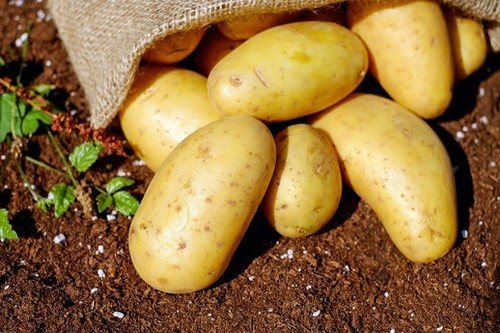
No loosening
This error occurs almost more often than others. Potatoes “love” loose soil that easily allows air and water to pass through. Therefore, during the season, its beds need to be treated with a hoe at least 2 times, and preferably 3-4. Growing potatoes in too dense soil results in them growing small.
And only in dry weeks in mid-summer can you limit yourself to loosening the rows, mulching them with straw or mown grass.
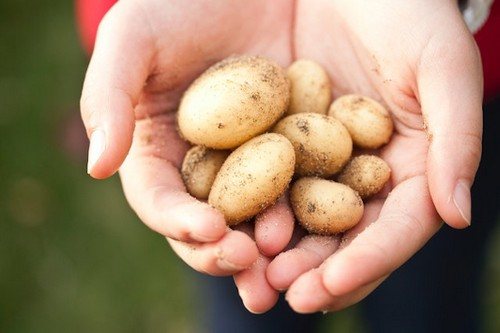
Unfavorable neighborhood
It is not recommended to plant potatoes in close proximity to tomatoes, vegetable peppers and eggplants for the reason that they all belong to the Solanaceae family, which means they have common diseases and pests that, having first appeared on one crop, can then easily spread to others.
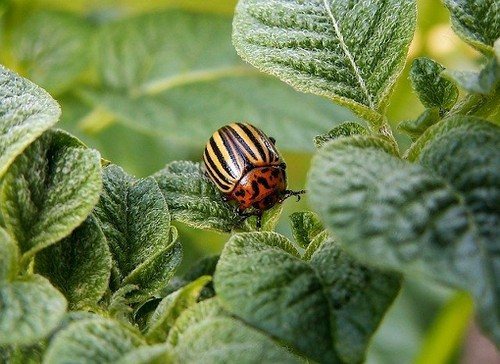
Harmful fertilizers
Manure is often presented as a miracle fertilizer suitable for all garden crops. But of course this is not true. It is contraindicated to feed potatoes with fresh manure - it burns the root system and increases the risk of developing fungal diseases.
It is also better to use nitrogen fertilizers to a minimum - because of them, potatoes redirect their energy to the development of tops rather than root crops.
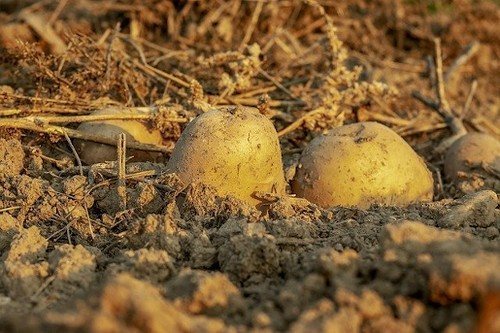
Thickened plantings
If, in pursuit of increasing the yield from each square meter, potatoes are planted tightly, there will not be enough space for the normal development of the root system and, therefore, there will be no opportunity to fully extract nutrients from the ground. So you should always take into account the recommendations of the variety creators regarding the planting scheme.
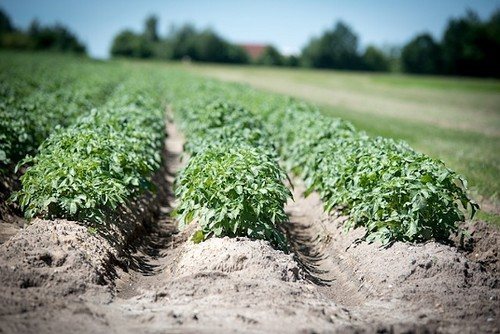
Unsuitable planting material
Planting material that seems ordinary at first glance, and is distinguished by its great age by potato standards, can also be of low quality. According to biological characteristics, with each reproduction from elite tubers, this crop loses 6–10% of its yield. That is, the fifth reproduction in average, normal soil and climatic conditions may be less productive by even more than 40%.
So, ideally, every 2–3 years you should purchase elite potato tubers, which serve as starting planting material and are capable of transmitting to the next generations all those “parental” qualities for which a particular variety is valued.

The listed errors have the same detrimental effect on all potato varieties, even those that are declared to be exceptionally resistant and hybrid.


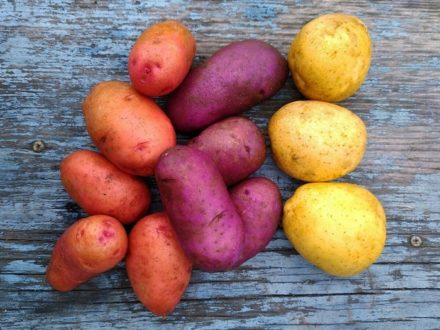
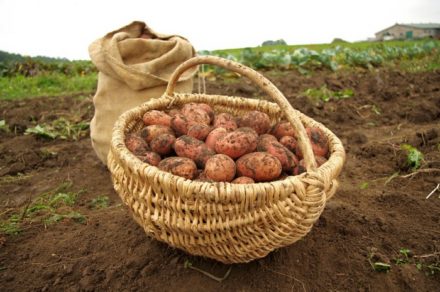
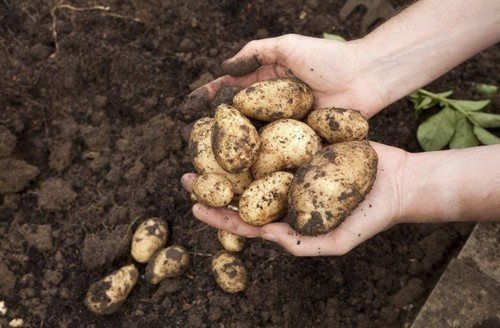
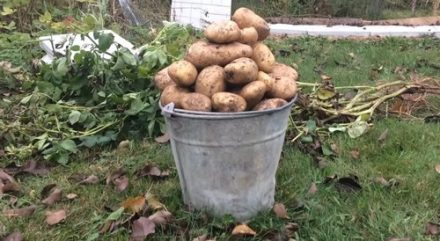
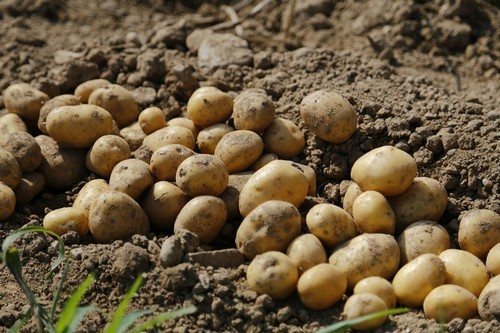

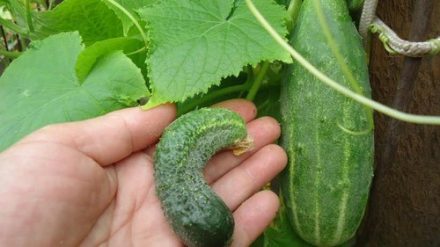
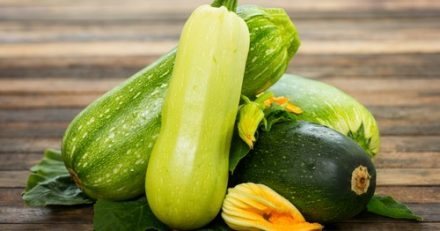
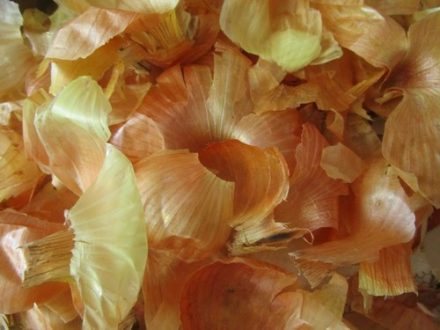
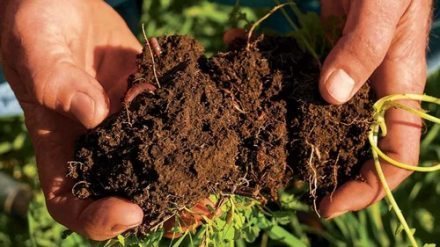

“Unsuitable planting material” - this should come first, then the soil, and only then agricultural technology.
Thickening is “no fault” - when you need a lot of planting material - the tubers will not be large, but just right for planting.
Manure is a miracle fertilizer - they haven’t come up with anything better (except chemistry) - it contains everything that plants need. Do not apply rotted manure at least once and the harvest will decrease significantly. Fresh manure (with the exception of poultry) will do nothing to potatoes - this has been tested more than once.